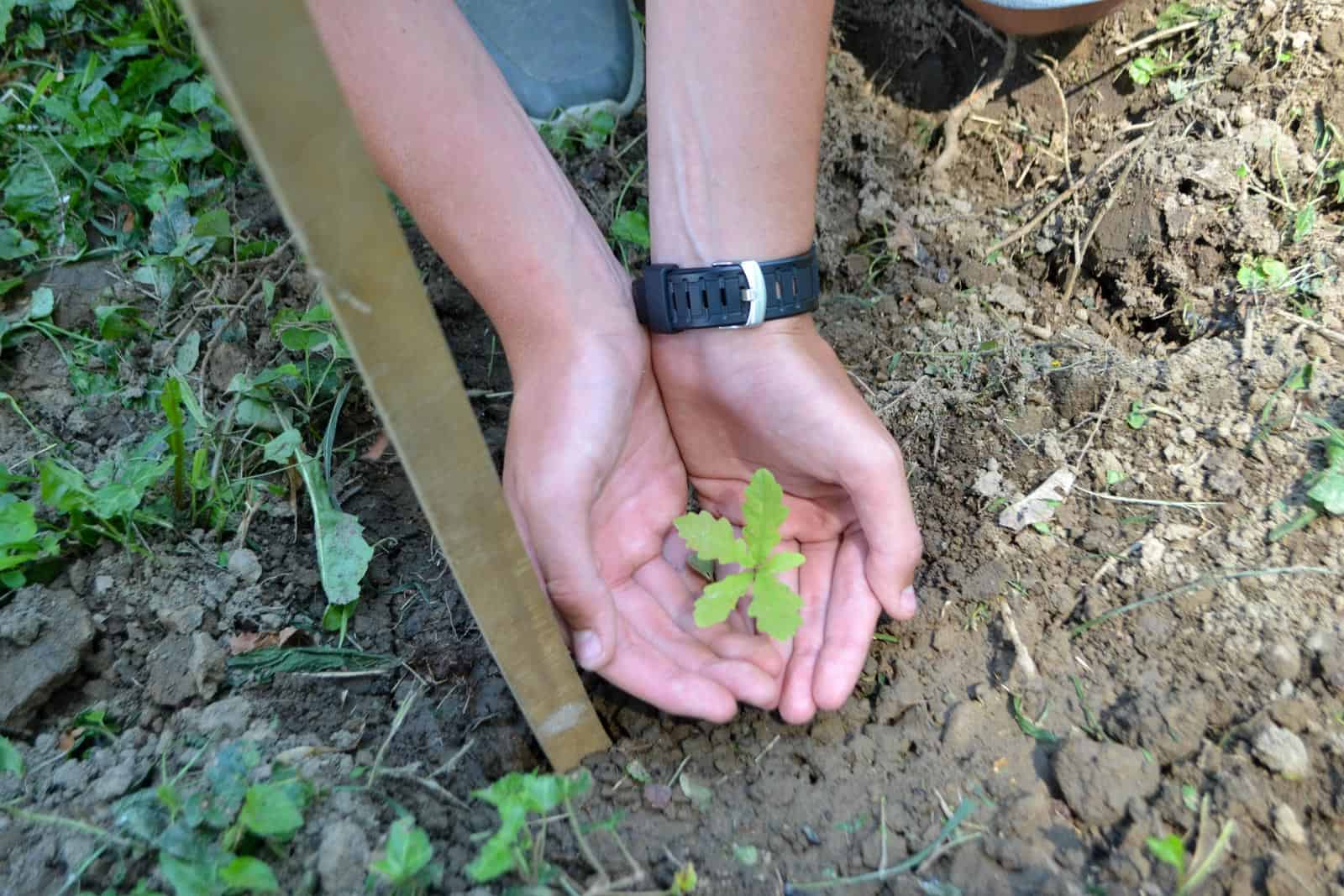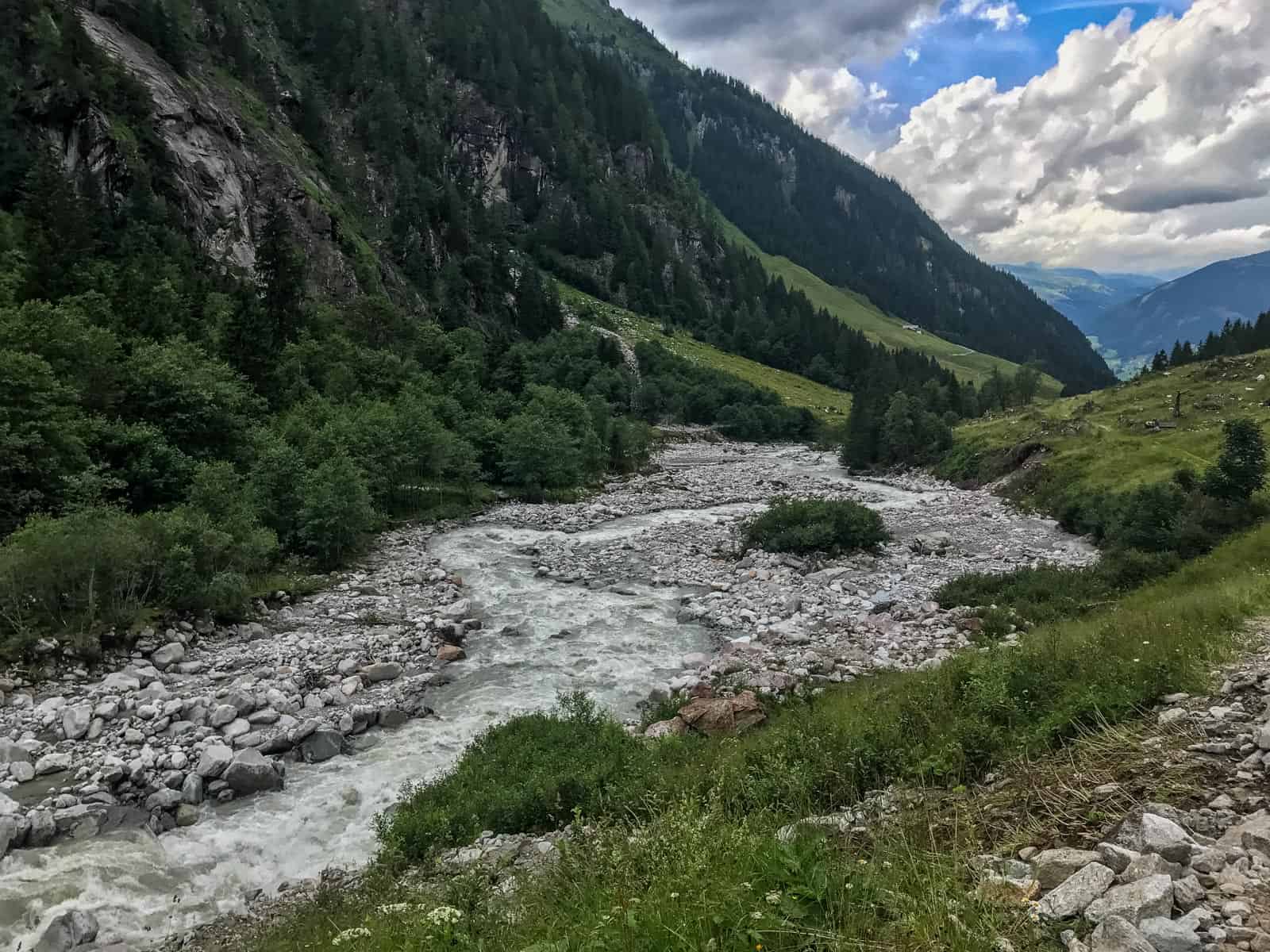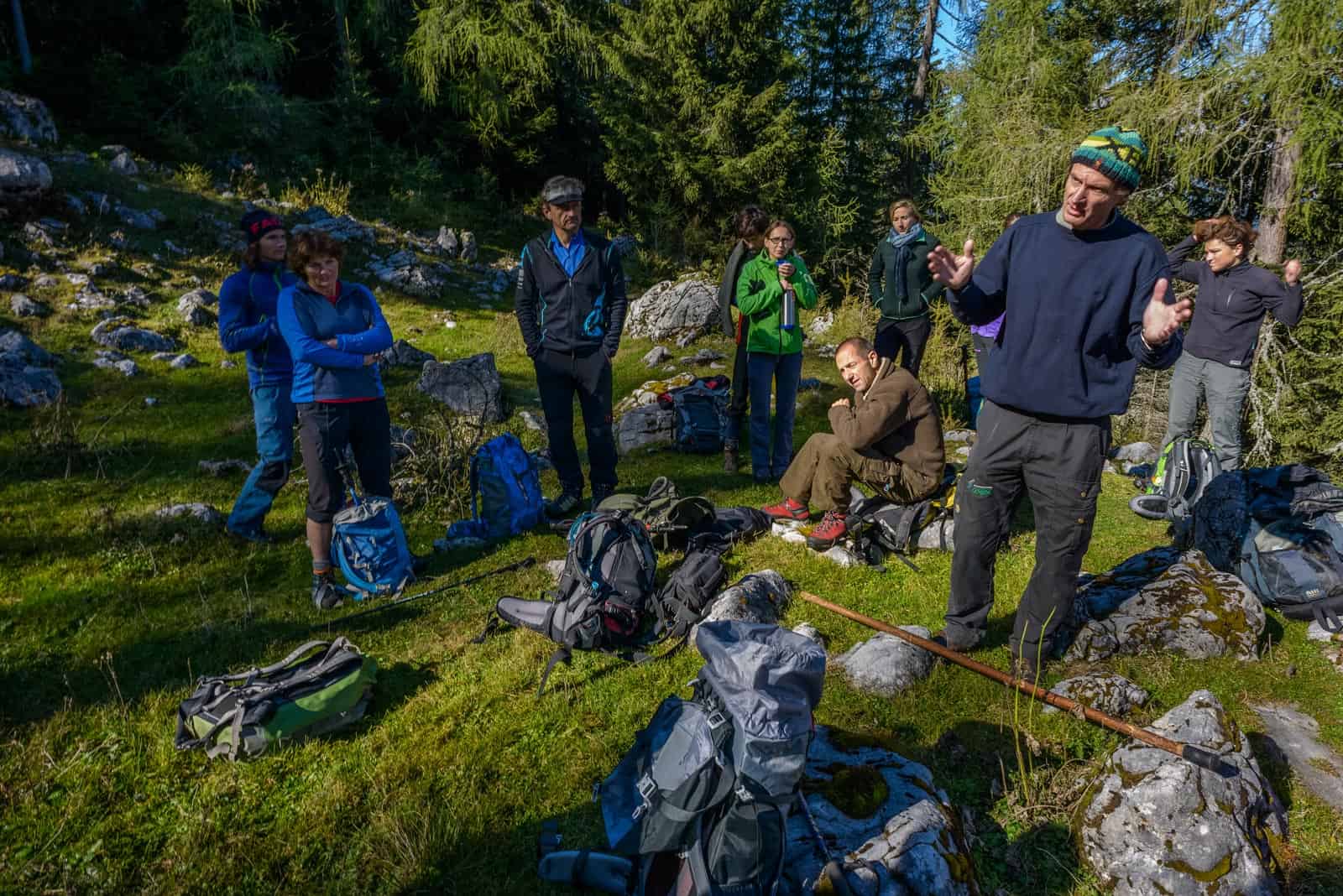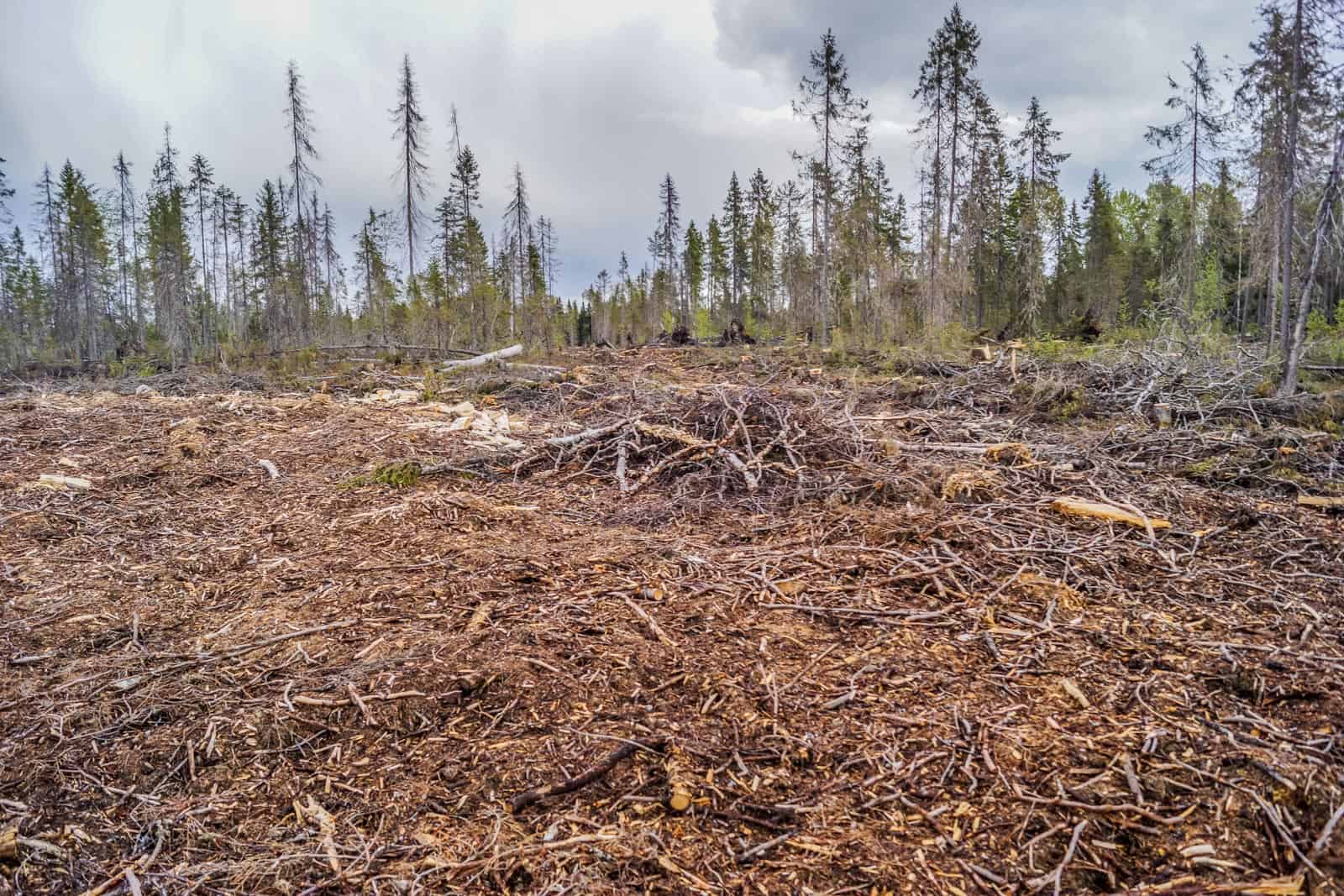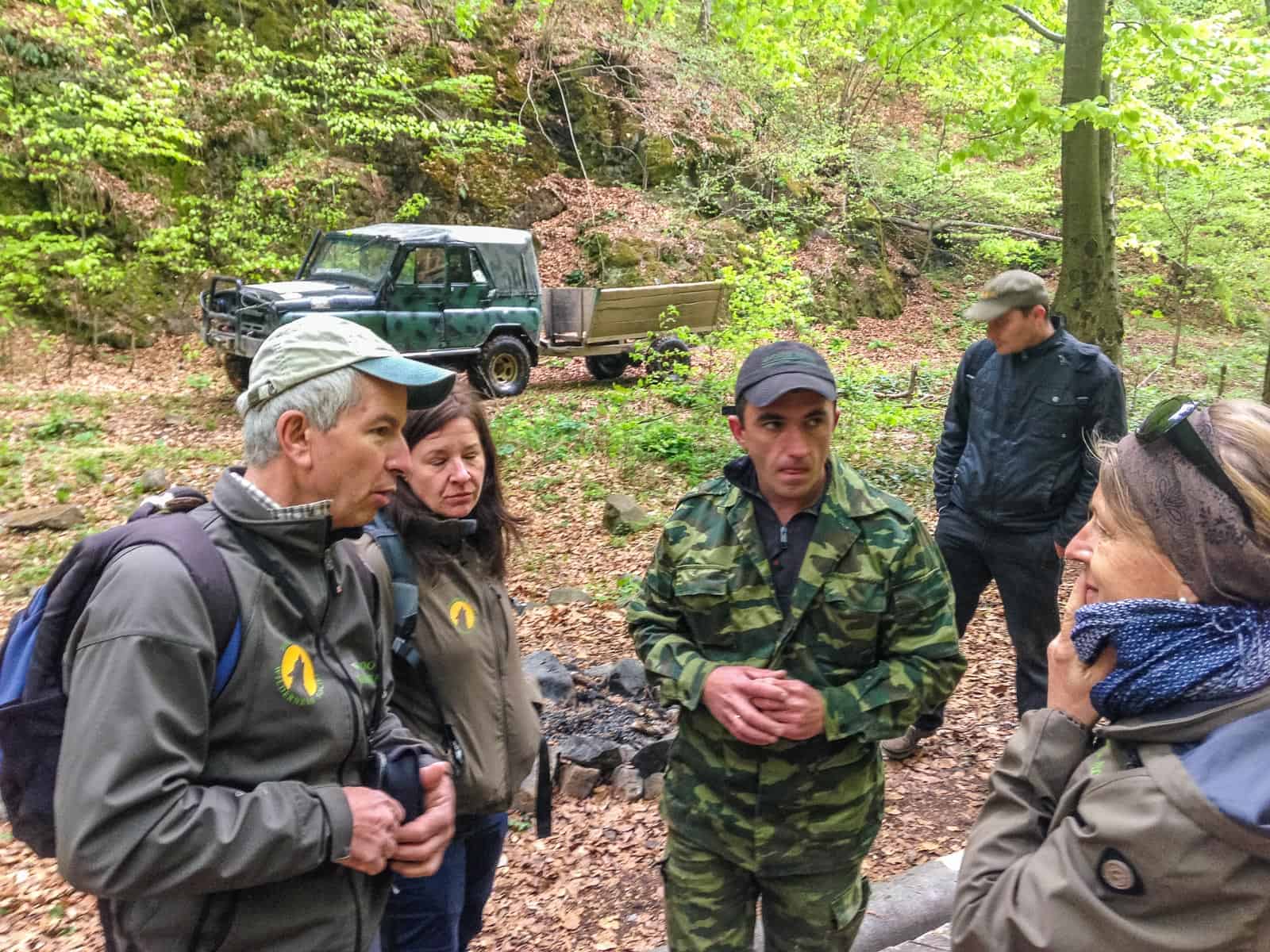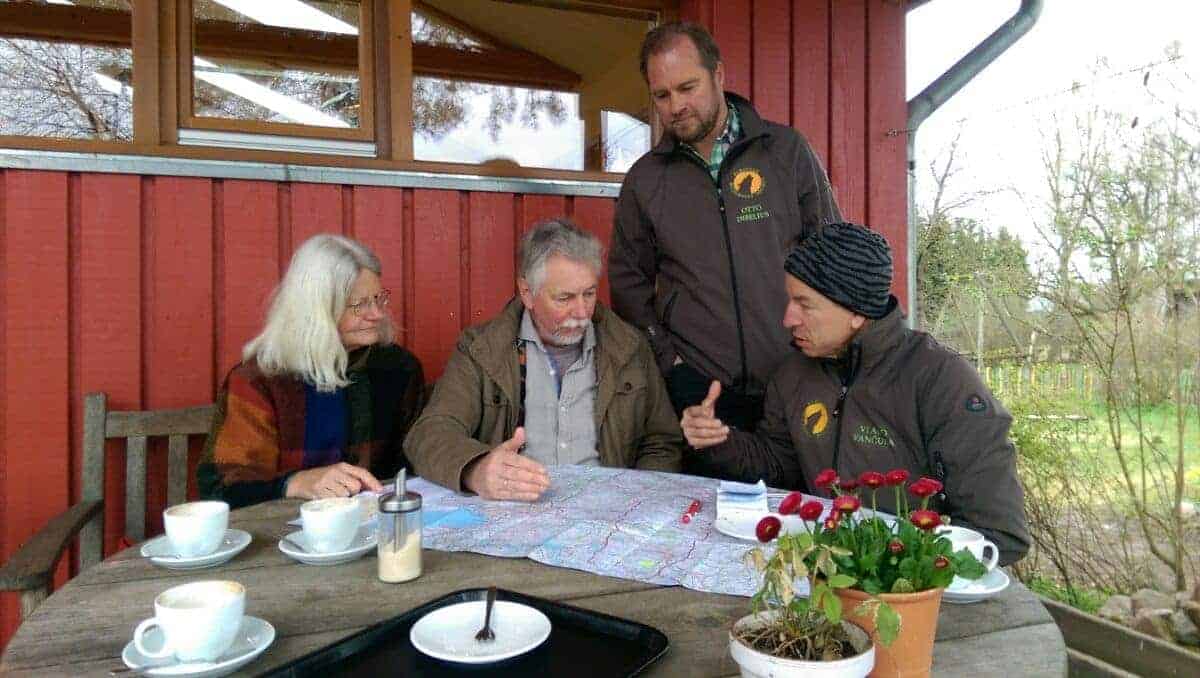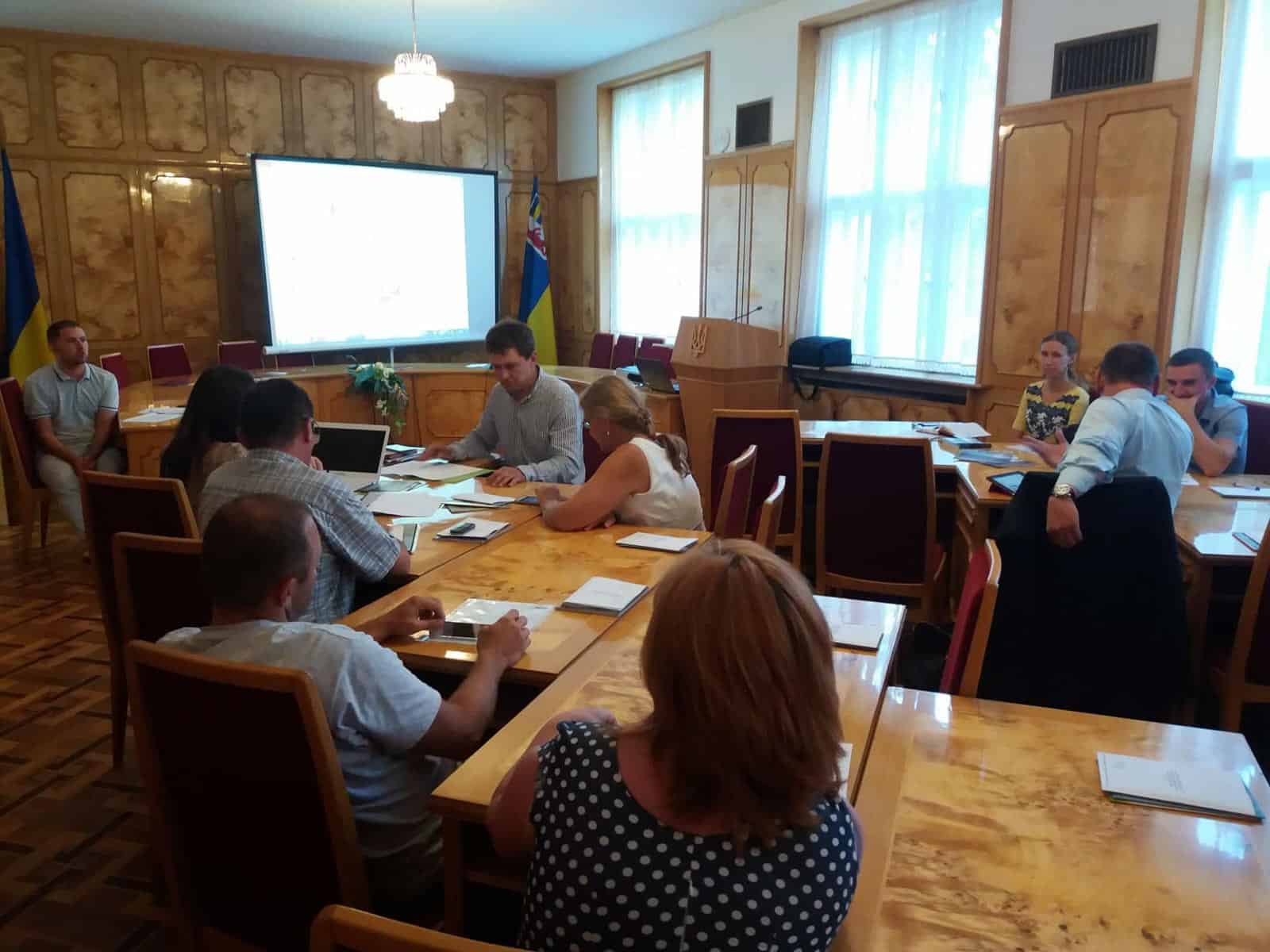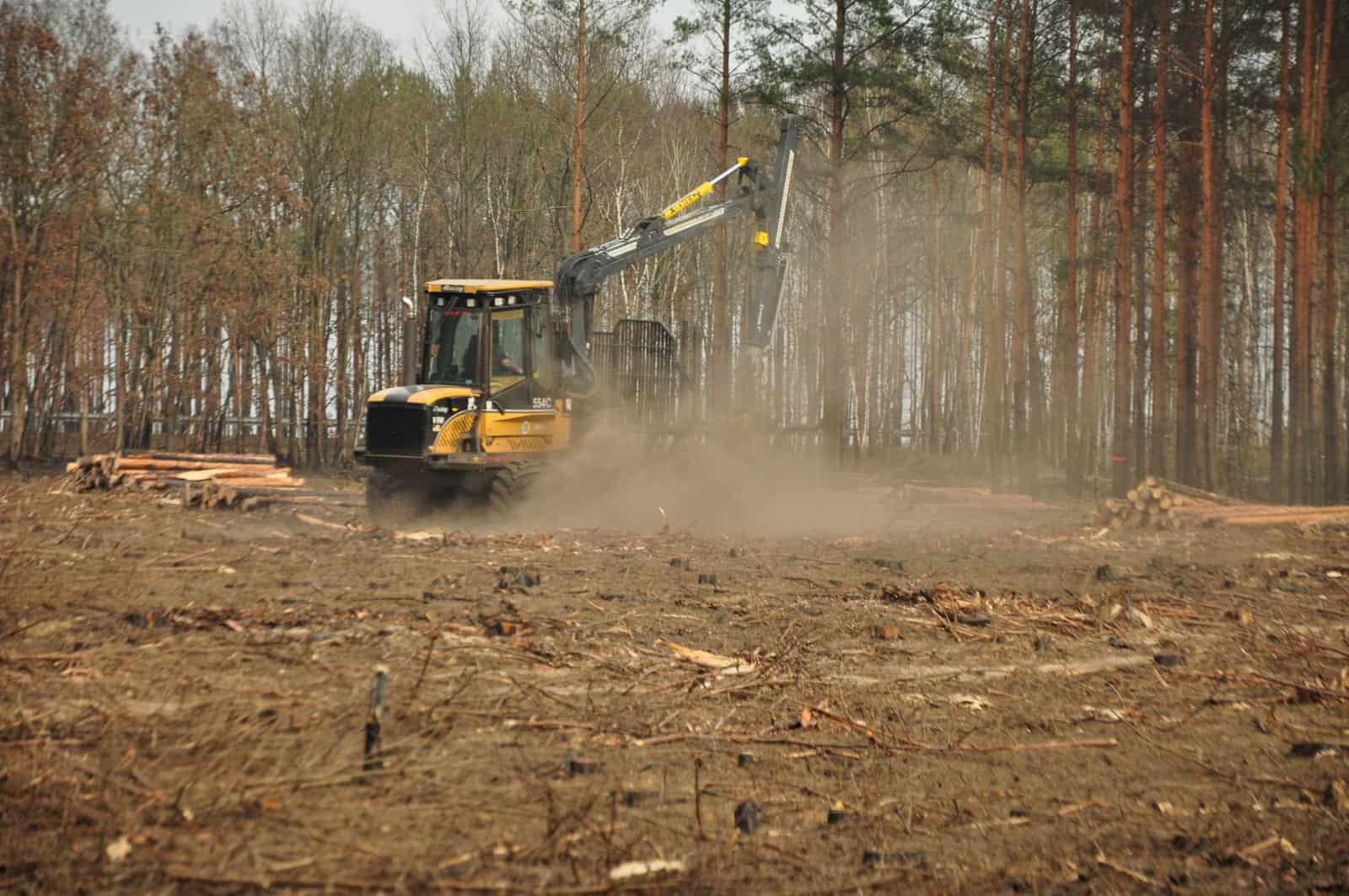Let’s talk ecosystem services!
Nature keeps the world running. Just give it a think – everything you are provided with on this planet is the product of nature and its capital. The fresh air you breath, the food you eat, the clothes you wear, the local park where you go for a walk after a long busy day at work – all this and many other things are primarily provided to you by mother nature. We call those ecosystem services.
Ecosystem services: four key groups
Millennium Ecosystem Assessment 2005 developed the term ecosystem services to underline the benefits that we are provided with by nature. According to the report, such services can be grouped into four key categories:
1. Supporting services. These services are necessary for the production or the maintenance of all other ecosystem services. Their impacts on people are either indirect or occur over a very long time. Among them, there are, for example, oxygen production, soil formation, crop pollination, seed dispersal, pest regulation, or waste decomposition.
2. Provisioning services. These are the tangible products that people obtain from ecosystems. Among them, there are, for example, food, water, raw materials, energy and genetic resources. Such services play an important role in the economy and have often well-developed markets and valuation systems.
To better understand the latter sentence, let us exemplify the economic role of the wood in Finland: economically, wood is the most important provisioning service in Finland. The value added to the forest sector is nearly 7 billion euros annually, constituting 4% of Finland’s GDP. That noted, Finland is therefore among many other countries the economy of which relies highly on the proposed provisioning services.
3. Regulating services. Those are, for example, air, climate or water regulation. Ecosystems can influence air by either emitting chemicals to the atmosphere or extracting chemicals from the same atmosphere. Climate regulation, on the other hand, happens under the same process of when the ecosystem either absorbs or emits greenhouse gases. Water regulation, as the final example, can be exemplified of when the ecosystems influence timing and magnitude of such things as water runoff or flooding.
4. Cultural services. These are the non-material benefits people obtain from nature in general. Among many others, they include, aesthetic inspiration, cultural identity, sense of home, and spiritual experience related to the natural environment.
Natural capital (and thus also ecosystem services) under threat
Natural capital can be defined as the world’s stocks of natural assets which include geology, soil, air, water and all living things. It is from this natural capital, that we receive ecosystem services.
That noted, the more we care about the environment, the better is the quality of natural capital and, consequently, the are better the services that we can receive in return. But what exactly is happening to natural capital now? Here are some facts:
- Across the world, we overexploit over 75% of the fish stock.
- Air pollution is an increasing problem: globally, air pollution leads to 3.3 million premature deaths per year.
- We clear over 13 million hectares of tropical forests annually.
- We erode over 970 million tonnes of soil in European Union only each year.
- Over 60% of current ecosystems are experiencing significant declines.
Natural capital and ecosystem services on the agenda: Europe and world
Being aware of the suggested challenges, European Union is running the Green Deal. This arraignment helps to create mutually supported interconnections between the environment and economy:
The European Green Deal also aims toprotect, conserve and enhance the EU’s natural capital, and protect the health and well-being of citizens from environment-related risks and impacts. The Deal takes it a step further to state that all EU policies should contribute to preserving and restoring Europe’s natural capital by integrating ecosystems and their services into decision-making.

Such decisions taken at the European level often sound inspiring to the rest of the world. By following the example, on 11th of March 2021, the United Nations likewise adopted a new statistical framework to better account for natural capital in national economic planning and policy decision-making. The proposed guidelines, that were developed alongside the EU, would also allow the countries around the world to use a common set of rules and methods to track changes in ecosystems and their services.
Ecosystem services and the Interreg Centralparks project
The Interreg Centralparks project is run by numerous partners across the Carpathian region. Its key aim is to improve management capacities of protected area administrations and other public sector entities that deal with the protection and sustainable use of natural resources. The improved management, in turn, should lead to the better biological and landscape diversity conservation practices.
Within the Work Package 3 of this project, the Carpathian Ecosystem Services Toolkit is developed. It is based on the existing ecosystem services assessments, that are especially related to area-based planning, regulatory decision analysis, environmental damages assessment and management. Once finalised, the Toolkit will inform policymakers and management practitioners on the better management of ecosystem services and its values.

